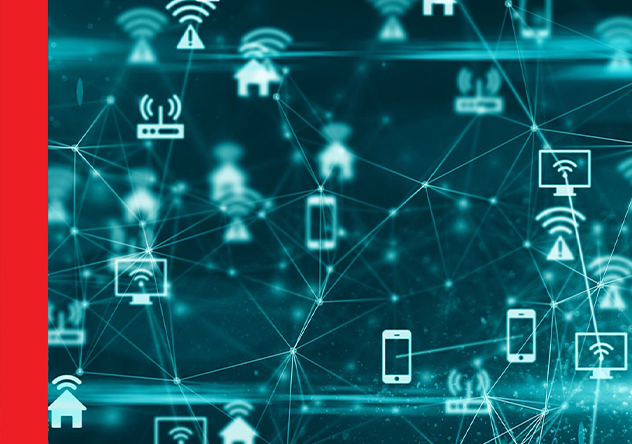For too long pundits exaggerated the internet's ability to drive democratic change. As tech-savvy youngsters in Tunisia and Egypt pushed aside their ageing despots, such lazy rhetoric grew louder still. It is hardly surprising that critics are hurrying to dissent. It is certainly true that the internet alone will not foment a revolution. Few have ever argued that it could. But the extent to which it can help, or even hinder, democratic movements remains hotly contested. And far from clarifying matters, dramatic events in the Arab world have fed both sides of the debate.
For the optimistic, unprecedented internet shutdowns in Egypt and elsewhere demonstrated every dictator's fear of the web. In Wael Ghonim, the Google marketing manager whose anti-government Facebook pages led to incarceration and fame, Egyptian protestors found a convincing internet advocate. Without Facebook and Twitter, he announced to American audiences, their revolution "would never have happened”. Many believe that the Internet empowers people and helps the less fortunate disenfranchised people to raise their voice and give their opinions. For example, during the Arab spring protestors were able to tell each other where and when to protest. In recent times, the internet has been able to reveal about police brutality as seen in George Floyd’s case which was videoed and shared with millions. In short, the Internet is good for democracy. Or is it?
The role of the internet in many democracies has received a lot of attention in recent times. Supporters of the internet believe that the internet has the power to shape and restructure democracy. Many of the changes that we are seeing today are clearly contributing to a hollowing-out, rather than strengthening, of democracy. In this unit explore about the internet and how it plays a role in strengthening and weakening the democracy.


